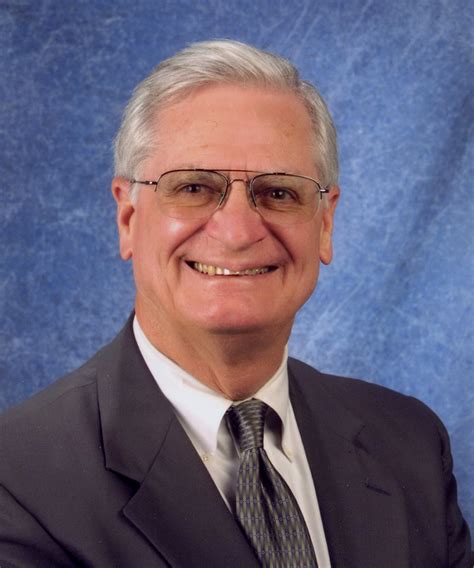A Quote by Charlamagne tha God
Related Quotes
And I hope seeing a therapist becomes 10 times easier in the future. For me, once I came out of treatment, I got into a therapist and continued my road to recovery and health and happiness. But not everyone can do that. It's challenging to see a therapist when you work full-time, when you can't get an appointment within a week, and then by the time you do get one, maybe you feel like your "problem" has lessened and you don't bother to go in. It's about access.
One reason patients are reluctant to work in a therapy group is they fear that things will go too far, that the powerful therapist or the collective group might coerce them to lose control--to say or think or feel things that will be catastrophic. The therapist can make the group feel safer by allowing each patient to set his or her limits and by emphasizing the patient's control over every interaction.
The kind of caring that the client-centered therapist desires to achieve is a gullible caring, in which clients are accepted as they say they are, not with a lurking suspicion in the therapist's mind that they may, in fact, be otherwise. This attitude is not stupidity on the therapist's part; it is the kind of attitude that is most likely to lead to trust.

































